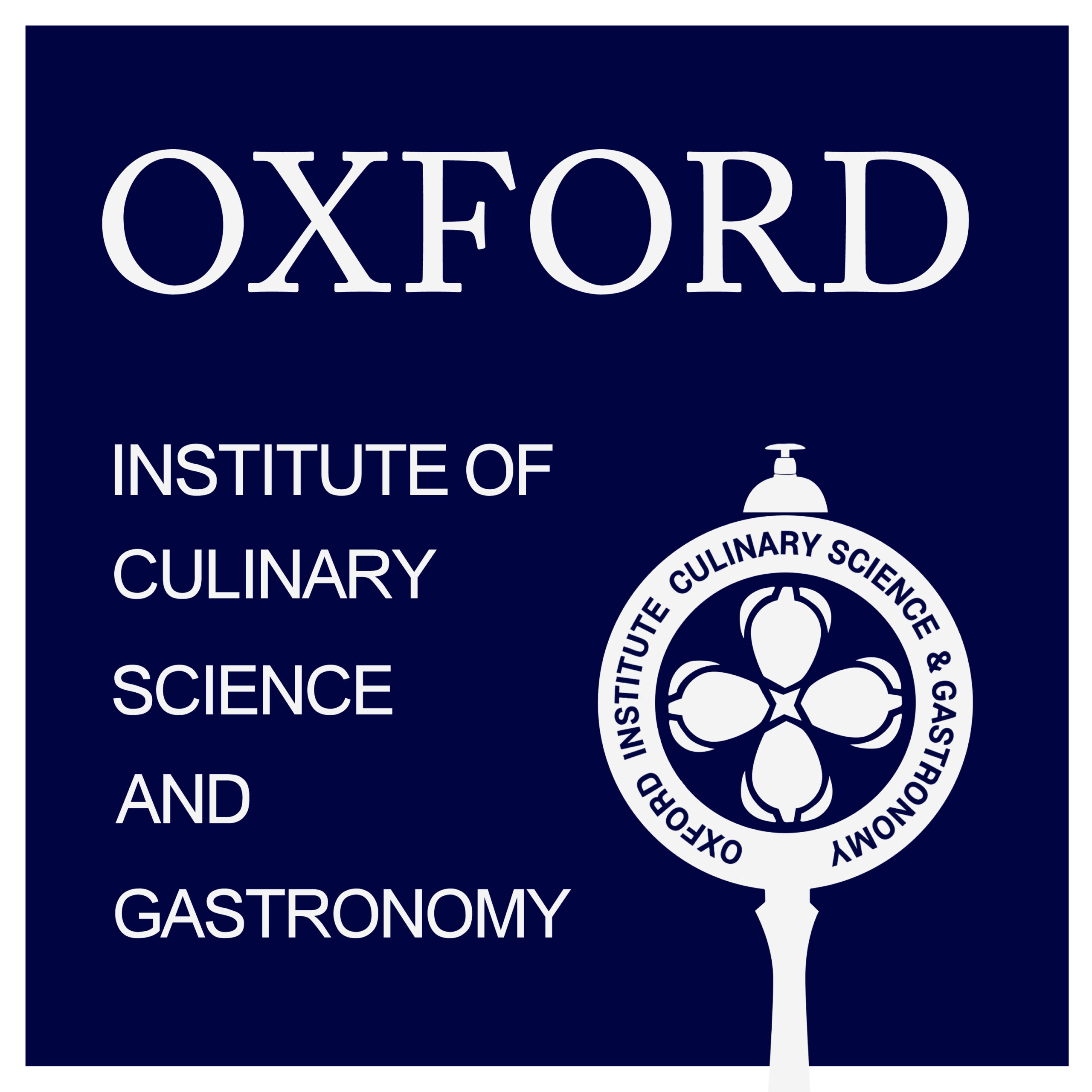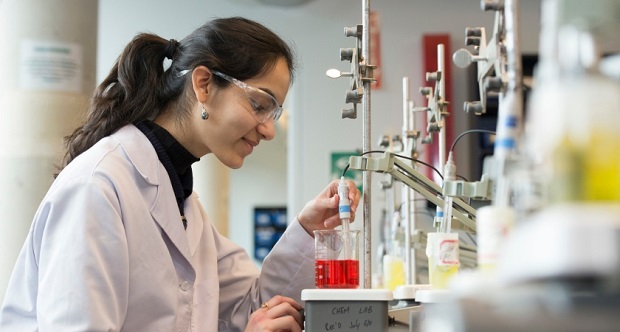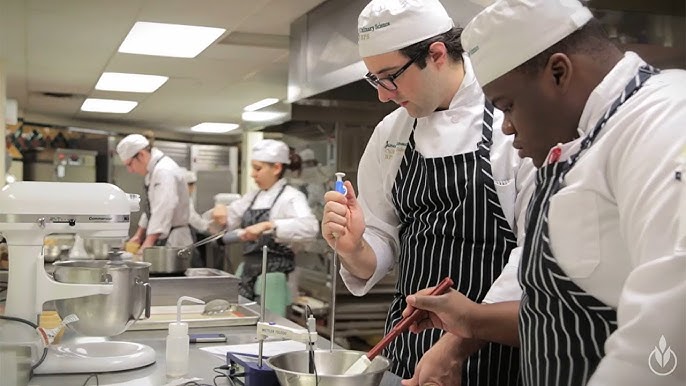Associate Degree in Food Technology
Oxford Institute of Culinary Science & Gastronomy – Year Two Curriculum
Overview:
Year Two builds on foundational knowledge to develop applied skills in food technology, including food processing, product development, quality management, and regulatory compliance. Students engage in practical projects, advanced laboratory work, and field internships that prepare them for professional roles in the food industry.
This year serves as the critical bridge from basic science to technical expertise in food production and innovation.
| Section | Description |
|---|---|
| Program Title | Associate Degree in Food Technology Applications |
| Duration | 2 Terms (12 months: 6 months theory + 6 months practicum) |
| Format | Hybrid (Online, On-Campus Labs, Workshops, Field Visits, Internship) |
| Level | Year 2 / Applied – Food Technology & Production |
| Certification | Associate Degree from Oxford Institute |
| Prerequisite | Completion of Year 1 Diploma |
| Outcome | Eligible for Year 3: Bachelor in Food Science & Innovation |
Term 1 — Weekly Curriculum (12 Weeks)
| Week | Module Title | Topics Covered |
|---|---|---|
| 1 | Advanced Food Chemistry | Enzyme activity, Maillard reaction, lipid oxidation |
| 2 | Food Microbiology & Safety | Pathogens, HACCP principles, sanitation practices |
| 3 | Food Processing Technologies | Thermal, non-thermal, fermentation, drying, packaging technologies |
| 4 | Food Product Development | Formulation, sensory optimization, shelf life extension |
| 5 | Quality Management Systems | ISO standards, audits, documentation, corrective actions |
| 6 | Food Legislation & Compliance | Food laws, labeling requirements, global regulatory frameworks |
| 7 | Instrumental Analysis | Spectroscopy, chromatography, chromatography applications |
| 8 | Food Engineering Principles | Heat transfer, mass transfer, equipment design |
| 9 | Sensory Analysis Techniques | Descriptive analysis, consumer testing, statistical interpretation |
| 10 | Packaging Technology | Innovations in materials, active and intelligent packaging |
| 11 | Research Methods & Data Analysis | Experimental design, statistical software, report writing |
| 12 | Term 1 Review & Assessment | Comprehensive exam and project proposal preparation |
Term 1 Learning Outcomes
Understand advanced chemical and microbiological processes in food
Apply principles of food processing and engineering in product development
Interpret food legislation and implement quality management systems
Conduct sensory and instrumental analysis using scientific methods
Term 2 — Practicum & Applied Project (12–14 Weeks)
Internship Placement
| Section | Description |
|---|---|
| Duration | Minimum 120 hours |
| Settings | Food manufacturing plants, R&D labs, quality assurance departments |
| Activities | Hands-on processing, product testing, quality control, compliance audits |
| Requirements | Weekly logs, mentor evaluation, reflective journal, attendance record |
Applied Research Project
| Section | Description |
|---|---|
| Topic | Product innovation, process optimization, safety improvements |
| Methodology | Experimental trials, data collection, sensory evaluation |
| Report | 2500–3000 words with data tables, graphs, and references |
| Presentation | 15-minute oral or recorded presentation |
| Portfolio | Complete project report + internship log + documentation of applied techniques |
Term 2 Learning Outcomes
Implement advanced food technology skills in industrial settings
Conduct applied research to solve practical food production challenges
Communicate technical information effectively to professional audiences
Demonstrate adherence to regulatory and safety standards in practice
Final Certification (Year 2)
Associate Degree in Food Technology Applications
Official Transcript with Module Grades
Internship Completion Letter (Mentor Signed)
WRID™ Certification Code (optional)



